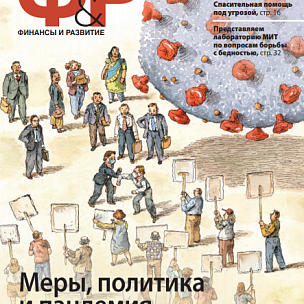Nassim Taleb, Distinguished Professor of Risk Engineering, Polytechnic Faculty, NYU is best known as the author of the famous black swan theory, a metaphor that describes rare and unlikely events that have significant consequences. By the way, the 2020 COVID-19 pandemic is a classic black swan event. Two years ago, the American essayist and professor took part in the St. Petersburg International Economic Forum, where he spoke at the Sberbank plenary session ‘Transitional World: What Will Tomorrow Bring?’
About fragility
I work with fragility. In fact, everything that is fragile eventually breaks. And if I am looking at what is to come in the next 30 years, I don’t need to imagine all these new things, I just look and try to find something that is in a fragile state and proceed from the assumption that it will no longer exist in 30 years time. Something will replace it which will also be fragile.
The technology development cycle
Technologies that recently faded into obscurity such as the desktop computer, which destroyed the mainframe, were later replaced by the laptop. And what replaced the laptop? The tablet. The tablet is 6,000 years old. As you can see, this is a process of convergence: technology brings us back to where we started, to an older technology that has long existed. 6,000 years ago, we drew on tablets that differ greatly from today’s modern devices. I think the current tablet will be replaced by another tablet based on a whole new technology. <...> We are moving towards a world that does not have to be bleak, technologies are returning us to where we started along with a few undesirable side effects, but this is bringing us back to our roots, to our natural habitat.
About information
Never be the recipient of information without being [its] carrier.
About disruptive technologies
It’s a good thing when technology is disruptive.
About the rate of growth
Anything that grows too fast will be associated with out-of-whack consequences that emerge later. It is important to grow slowly. Why? Look at nature, where the forces of evolution rein. <...> You should be concerned when a technology develops too fast. Not because growth is bad, but because in the natural world of evolution, any species growing too quickly will die out. Growth should not be near zero nor at 100%, but somewhere in between.
About financial growth
Regarding financial growth, if there is exponential financial growth, then there will be an exponential growth of problems.
See the full session at the link:
https://roscongress.org/en/sessions/tranzitnyy-mir-chto-zavtra/translation/






